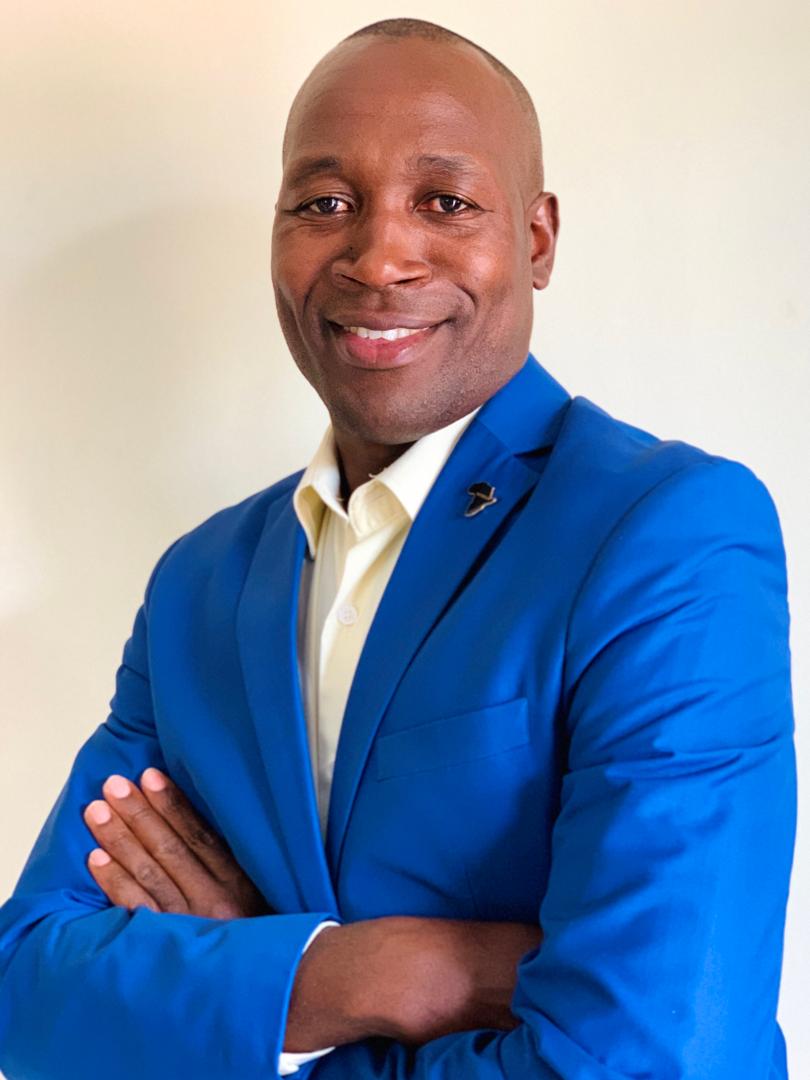
KAMPALA, UGANDA – Ambassador Milton Kambula, a Peace Service Ambassador, Nation builder, and a Pan-Africanist has warned against the overuse of sanctions as a means of holding African leaders accountable, stressing that such measures can undermine national sovereignty and perpetuate dependency on foreign intervention.
“Sanctions may put leaders in check, but they should not be exploited to achieve other gains at the expense of a nation’s sovereign power,” Amb. Kambula said. “We must exhaust domestic and regional processes before resorting to international sanctions.”
The ambassador’s comments come amid recent sanctions imposed on high-ranking Ugandan officials, including Speaker of Parliament Anita Among.
On April 30, Britain announced its first-ever corruption-related sanctions against Uganda, targeting Ms Among, Ms Mary Goretti Kitutu, and Ms Agness Nandutu, both former ministers responsible for the restive mineral-rich Karamoja region. The sanctions consist of travel bans and asset freezes.
Abel Kandiho, the head of Uganda’s Internal Security Organization (ISO), was also sanctioned by the US Treasury Department in April 2022 for his alleged involvement in human rights abuses and undermining democratic processes in Uganda. Kandiho has denied any wrongdoing, and the Ugandan government has dismissed the sanctions as “unjustified and misguided.”
Gen. Kale Kayihura, the former Inspector General of Police, was also sanctioned by the US in 2021 for his alleged role in human rights violations and corruption. Kayihura has been accused of overseeing a police force that has been responsible for numerous human rights abuses, including excessive use of force and torture. Kayihura denied any wrongdoing and has been fighting the sanctions in court.
“While we understand the intent behind sanctions, we must recognize their limitations,” Amb. Kambula noted. “They often burden local populations while those targeted continue to enjoy luxuries. It’s time for Africans to fix their own challenges.”
Amb. Kambula emphasized the importance of strengthening African structures to protect the rights and freedoms of the continent’s 1.4 billion people. “We need to empower our institutions, civil society, and grassroots populations to hold leaders accountable to national and African development priorities.”
The ambassador also highlighted the role of family institutions in nurturing morally upright, socially responsible, and economically productive citizens. “Transforming sectors and promoting peace and development begins with empowering families to drive positive change in Africa.”
This stance resonates with the Family Festival movement, which seeks to empower families to drive positive change in Africa.





